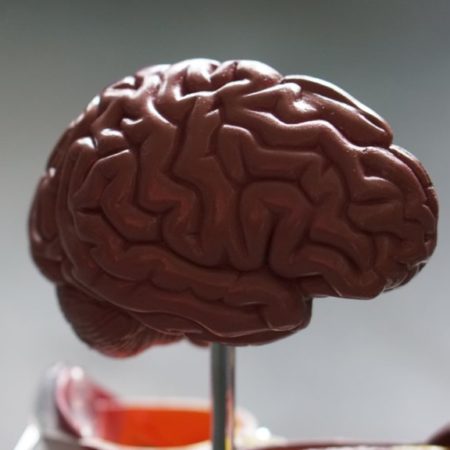research interests
Below is a summary of my research interests. Individual projects and products are listed in my CV, linked below.
SCIENCE AND RELIGION

CHURCH AS SOCIAL SUPPORT

Teaching and Learning

Broadly, I’m interested in understanding where, how, and why people draw lines around what is real/not real. This question starts in childhood (e.g., a child accepts the existence of germs…and Santa), but continues to be important throughout the lifespan. For me, I’m particularly interested in how adults navigate territories of science and religion. I’m interested in the cognitive, relational, and cultural influences on acceptance and rejection of scientific and religious ideas, especially as related to Christian (dis)engagement with science.
Developmental psychology has long identified important contexts for children’s development (i.e., home, school). Yet many children are unable to receive the supportive care and relationships needed to facilitate healthy development within these contexts. Together with a team of interdisciplinary scholars I have explored the possibility that the church is a unique context for development beyond religious beliefs. Our recent work has highlighted how children’s church can buffer children against the deleterious effects of trauma.
As a scientist, I understand that sometimes our intuitions about what can/should work are just flat out wrong; as an educator, this means I evaluate my classroom practices. I am interested in the translation of cognitive principles into classroom learning and in the development of critical thinking in college. Importantly, I am also interested in how classroom experiences related to science and religion inform development and how communicators might leverage educational insights for more productive science-religion dialogues.
“It has again brought home to me quite clearly how wrong it is to use God as a stop-gap for the incompleteness of our knowledge. If in fact the frontiers of knowledge are being pushed back (and that is bound to be the case), then God is being pushed back with them, and is therefore continually in retreat. We are to find God in what we know, not in what we don’t know; God wants us to realize his presence, not in unsolved problems but in those that are solved.”
Dietrich Bonhoeffer, Letters and Papers from Prison
Recent Blog Posts by Erin
- Written for college students/general audiences
- Focus on questions at the intersection of psychological research and Christian Life
- Published by the Center for the Study of Human Behavior at California Baptist University

Understanding and Truth
Empirical psychological science as a way of knowing
As a research psychologist, I am trained to look for evidence in the natural world to make sense of human thinking and behavior. As a Christian, I am committed to thinking about this evidence as an important tool in my belt, which also includes theological insight, tradition, and experience. I think often of the two-book metaphor in Christian tradition: we can read the book of nature (i.e., science) and the book of Scripture, each with its own tools. In my work, I strive to have both books open, leveraging the tools of each to clarify and inform how we understand reality and live faithfully in it.

“Empirical data anchor philosophical and theological reasoning about human nature and reality.”

Conversations and
QUESTIONS
Some of my favorite conversations focus on questions. Recently, I’ve had the opportunity to ask questions focusing on different intersections of science and Christian life with other scientists, theologians, and seminarians. These questions include
How do we best engage science-religion discussions?
What is the “proper” relationship between science and Christian faith?
Do scientific explanations explain away religious belief?
What does neuroscience say about formation? Agency? Responsibility?
How does attachment and trauma influence religious experience?
How can psychology, philosophy, and theology increase our understanding of important questions around being human?
What does it mean to be a person?
How can we live faithfully in this world?
Have questions of your own?
I am available for consultation, presentations, workshops, and collaboration with researchers, scholars, pastors, educators, or others interested in exploring, understanding, and applying psychological science in their work. There are many exciting possibilities at the intersection of psychological science and Christian life; I look forward to discussing them with you!